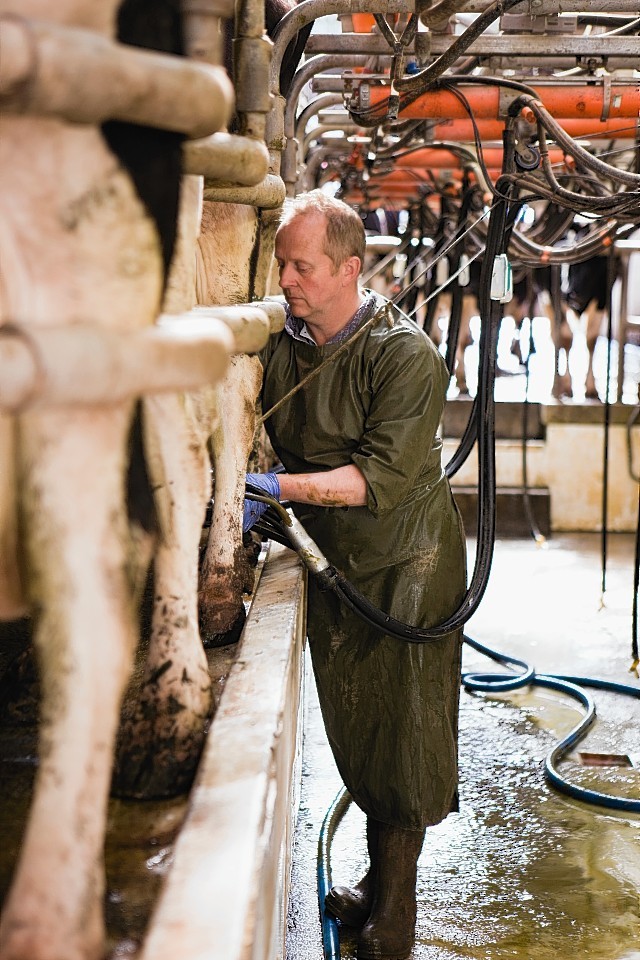MSPs are set to hear evidence from farmers on how Common Agricultural Policy (Cap) implementation and the new online Single Application Form (Saf) process is going.
A number of figures from the farming sector will speak at a meeting of Holyrood’s rural affairs, climate change and environment (Racce) committee tomorrow.
Among those giving evidence at the meeting is north-east farmer and chairman of NFU Scotland’s livestock committee, Charlie Adam.
He will be joined by the chairman of the Scottish Beef Association, Scott Henderson, Russell Smith from the Scottish Crofting Federation and various other farmers.
Papers released ahead of the meeting reveal the committee has previously raised concerns over the government’s new Rural Payments and Services website.
The MSPs state: “The committee fully supported the Scottish Government’s desire to ensure that the new Cap and SRDP were simpler and more easily accessible than their predecessor schemes. The committee is concerned that this has not been realised in the design of the schemes.
“It is essential that the required IT and other administrative support systems are in place, and have been fully tested, to ensure these are robust, in good time for payments to be made to those who depend on them for their livelihoods, and in order for the many outputs which depend on the payments to be delivered.”
The committee said “the proof of the pudding will be in the eating” and its appraisal of how Cap delivery is going will be based on the experience of farmers and their advisers.
The government’s implementation of Cap reform has been shrouded in controversy.
A report released earlier this year by the auditor general for Scotland, Caroline Gardner, suggested the government’s five-year Futures Programme, designed to implement Cap reform, will cost £178million, up 74% or £75.5million from the original budget drawn up in March last year. The largest area of spend was on the IT delivery partner – up 111% from the original estimated cost to £60.4million, from £28.8million previously.
It was also revealed last month that the Home Office was called in to investigate whether or not contracted IT workers tasked with developing the Rural Payments and Services website had the necessary visas to work in the UK.
This was revealed by a former contractor who worked on the site’s development, John Dunning, who previously said problems raised with the system had been ignored by government.
